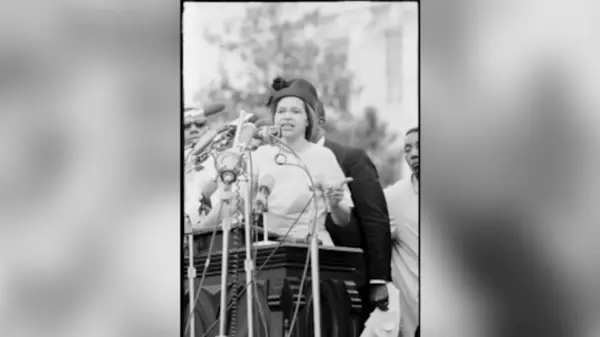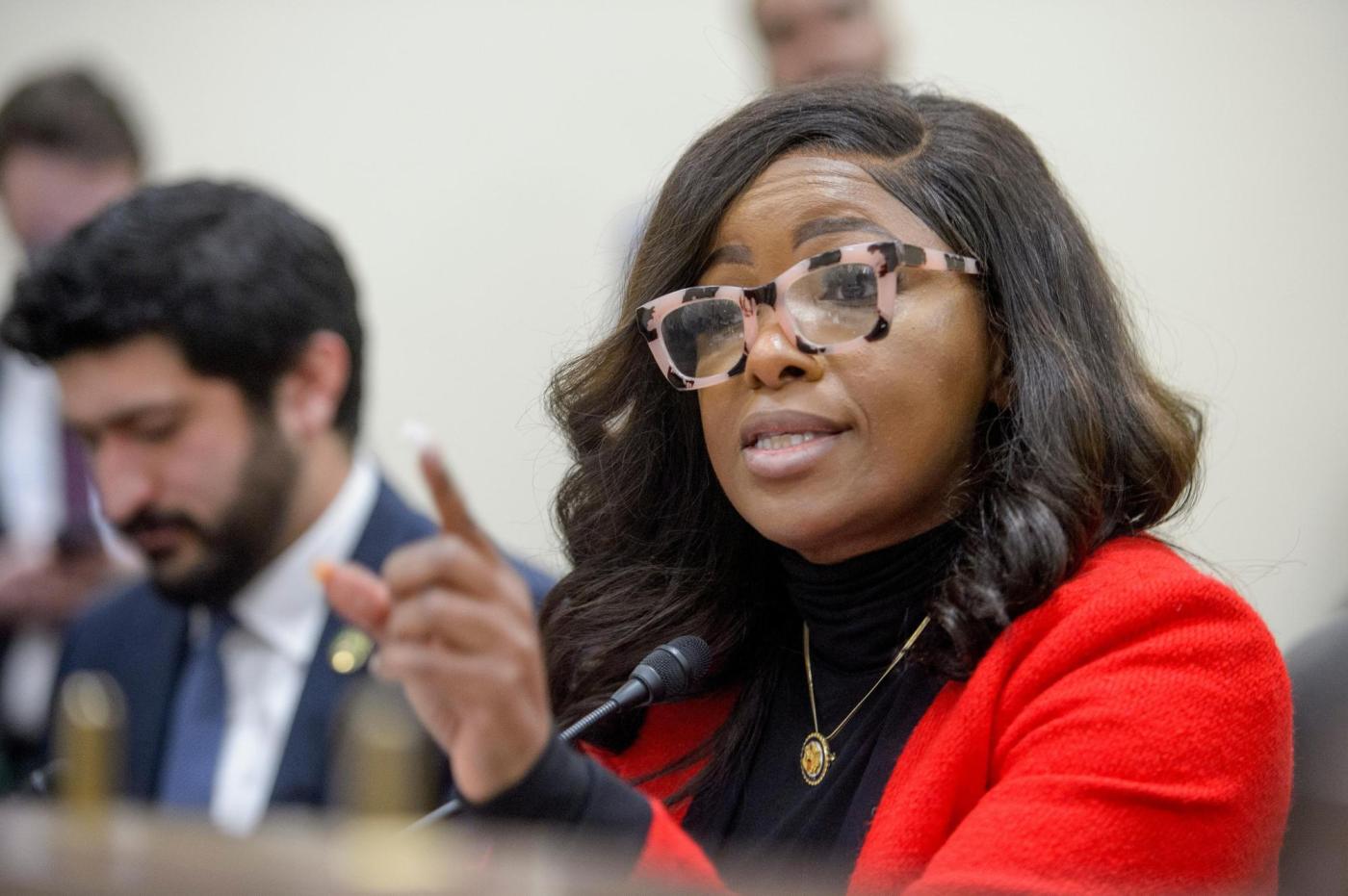Representative Jasmine Crockett of Texas has expressed her disappointment with colleagues in the Democratic Party who supported a House resolution that honors the life and legacy of Charlie Kirk. The resolution, which passed with overwhelming bipartisan support at a vote of 310-58 on March 15, 2024, was backed by 95 Democratic lawmakers, including prominent figures such as Minority Leader Hakeem Jeffries, Whip Katherine Clark, and Caucus Chairman Pete Aguilar. In contrast, Crockett was one of the 58 Democrats who opposed the measure.
During an appearance on CNN’s “State of the Union,” Crockett highlighted a concerning trend among the votes against the resolution. “One of the things I do want to point out that’s not been laid out that honestly hurts my heart is when I saw the no votes, there were only two Caucasians,” she stated. “For the most part, the only people that voted no were people of color because the rhetoric that Charlie Kirk has continuously put out there specifically targets people of color.”
Kirk, a conservative activist known for his engagement with college students, has been a vocal opponent of diversity, equity, and inclusion initiatives, as well as affirmative action policies. His comments on the Civil Rights Act of 1964 and criticism of figures like Michelle Obama and Supreme Court Justice Ketanji Brown Jackson have drawn significant backlash. He has previously suggested that these individuals lack the intellectual capacity to achieve success without affirmative action.
Crockett responded directly to Kirk’s criticisms, stating, “If there was any way that I was gonna honor somebody who decided that they were just gonna negatively talk about me… yeah I’m not honoring that kind of stuff.” She noted that Kirk had made disparaging remarks about her on his podcast, accusing her of participating in a conspiracy to undermine the white population, a claim linked to the controversial Great Replacement Theory.
“It is unfortunate that even our colleagues could not see how harmful his rhetoric was specifically to us,” Crockett added. She emphasized her commitment to civil rights and her disbelief that fellow Democrats would honor someone who has used language detrimental to communities of color.
Crockett was not alone in her dissent. Representative Alexandria Ocasio-Cortez of New York also voiced her opposition on the House floor, criticizing Kirk’s rhetoric as “ignorant” and harmful to millions of Americans. Ocasio-Cortez stated that Kirk’s beliefs are far from promoting unity, as claimed in the resolution.
In response to the backlash against the resolution, former President Donald Trump expressed disbelief that any member of Congress would vote against it, saying, “Who could vote against that?”
The resolution has sparked intense debate within the Democratic Party, highlighting divisions over how to address controversial figures and their impact on marginalized communities. As the political landscape evolves, the implications of this resolution and the reactions to it could influence future legislative actions and party dynamics.
Crockett’s remarks reflect a growing frustration among some lawmakers who feel that supporting figures like Kirk undermines the values of inclusivity and representation that the Democratic Party seeks to uphold.





































































